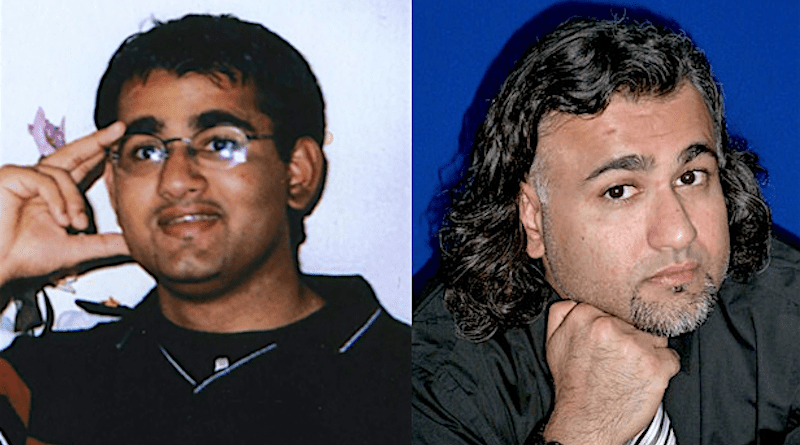Majid Khan Challenges Imprisonment At Guantánamo Beyond Completion Of Sentence – OpEd
By The Center for Constitutional Rights
Majid Khan’s lawyers Tuesday filed a habeas petition on his behalf in federal court, challenging his imprisonment beyond the end of his military commission sentence. The U.S. government is still holding him at Guantánamo even though he completed his 10-year sentence on March 1.
Khan was captured in Pakistan in 2003 and disappeared into the CIA torture program, where he endured brutal treatment that he detailed last year in historic testimony at his sentencing hearing. He was sent to Guantánamo in 2006 and pleaded guilty to serious offenses before a military commission in 2012. Pursuant to his plea agreement, he cooperated with U.S. authorities for more than a decade. He did so at substantial, continuing risk both to himself and his family.
“As with every prior military commission defendant who has served a sentence of less than life, Majid must be promptly transferred from Guantánamo,” said Wells Dixon, Senior Staff Attorney at the Center for Constitutional Rights. “Majid also must be transferred in a manner consistent with his status as an important U.S. government cooperator.”
“The government’s failure to transfer Majid after serving his sentence makes the military commission system utterly pointless,” Katya Jestin, Co-Managing Partner at Jenner & Block.
“Why have a trial and sentencing, let alone plead guilty and cooperate with the United States, if you aren’t released at the end of your sentence? It’s a failure of policy and may have larger programmatic consequences for the government.”
“Majid’s continued imprisonment is an affront to the rule of law,” said U.S. Army Major Michael Lyness of the Military Commissions Defense Organization, who represented Khan before the commissions. “He must be immediately transferred to restore the integrity of the military commissions.”
Mr. Khan is unique among Guantánamo prisoners in that he has political asylum in the United States and has family members who are U.S. citizens. Members of his family were at his October 2012 sentencing hearing as he told his story, tracing his path from his teenage years in Baltimore to his involvement with Al Qaeda to his decision to cooperate with the U.S. government.
Mr. Khan is seeking a court order releasing him from unlawful imprisonment at Guantánamo. The habeas petition alleges violations of the Military Commissions Act, the Authorization for Use of Military Force, the U.S. Constitution, and the law of war. It also challenges the U.S. Defense Department’s recent decision to limit and effectively deny Khan meaningful access to his defense counsel on the ground that he no longer has an active military commission case.
The U.S. government has an obligation to resettle him somewhere other than Pakistan to protect him from persecution based on his cooperation with U.S. authorities, his lawyers say.
The Center for Constitutional Rights works with communities under threat to fight for justice and liberation through litigation, advocacy, and strategic communications. Since 1966, the Center for Constitutional Rights has taken on oppressive systems of power, including structural racism, gender oppression, economic inequity, and governmental overreach

